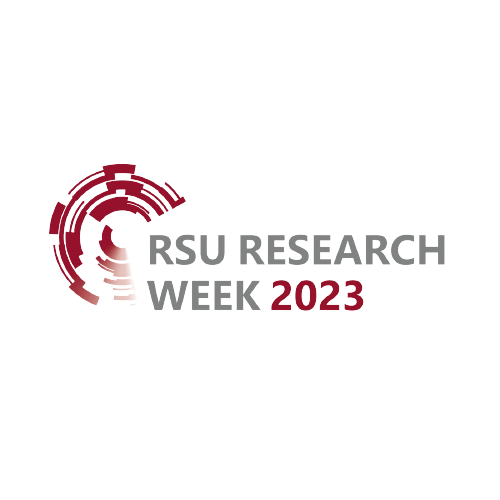Workshop I: A Master Class of Custom Silicon Task Trainer Development
12:00–13:00
Tutors
- Mārtiņš Ļuļļa, Simulation technology development manager, medical engineer, Medical Education Technology Centre, RSU
- Aleksandrs Oborins, Simulation instructor, Medical Education Technology Centre, RSU
Target Audience
Staff involved in education of medical students, medical students, junior doctors, simulationists
Learning Outcomes
At the end of the session, you will:
- Familiarize yourself with silicon task trainer creation process from idea to prototype
- Develop your own task trainer simulator made of silicon in pre-prepared molds
Learning skills using various task simulators is an integral part of the education of health professionals. Task trainers are both industrially produced and can be custom made according to the specific needs of target audience. During the master class, the participants will be introduced with various task trainer creation process - starting with idea and ending with working prototype. As part of the master class, participants will be able to develop their own simulators for learning clinical skills, using two-component silicone casting technology in pre-prepared molds.
Workshop II: Professionalism: What Do We Want to Change, and How?
Target Audience
Staff involved in education of medical students or junior doctors
Learning Outcomes
At the end of the session, you will:
- Describe the core values that underpin medical education
- Identify key elements within the curriculum that can be altered or introduced to emphasise key values
- Begin a plan to develop faculty to introduce a shift towards values-based education
The world of medicine is changing faster than ever, and healthcare professionals need to learn to adapt to new technologies and communications, as well as changing expectations from the public. At the same time, the Covid-19 pandemic has changed the way we think of ourselves and our work forever. This workshop will explore how the balance the need to adapt to changing circumstances with a desire to protect the key values that attract us to work in healthcare in the first place. We will look at what we want to keep, what we want to change, and how we can work to bring about a shift in culture that allows us to be ready for medicine, and medical education, in the 21st Century.
Workshop III: Essential Principles of Creating a Simulation Scenario for Successful Student Training
15:30–17:00
Tutors
- Ieva Šlēziņa, MD, MBA, Director, Medical Education Technology Centre, RSU
- Aleksandrs Oborins, Simulation instructor, Medical Education Technology Centre, RSU
Target Audience
Staff involved in education of medical students
Learning Outcomes
At the end of the session, you will:
- Describe the core elements of simulation scenario
- Match the type of simulation with the learning objective of the simulation
- Develop your own simulation scenario step by step filling out the scenario form
Simulation-based approach is an integral part of medical education nowadays. Students can improve various manipulation skills with task trainers and patient simulators, go through clinical decision-making algorithms during simulation scenarios, develop interdisciplinary teamwork and improve their communication skills with simulated patients. Regardless of the simulation modality, qualitative simulation is based on a well-thought-out and learning goal-oriented scenario. During the workshop we will develop various clinical simulation scenarios according to globally accepted quality standards.

